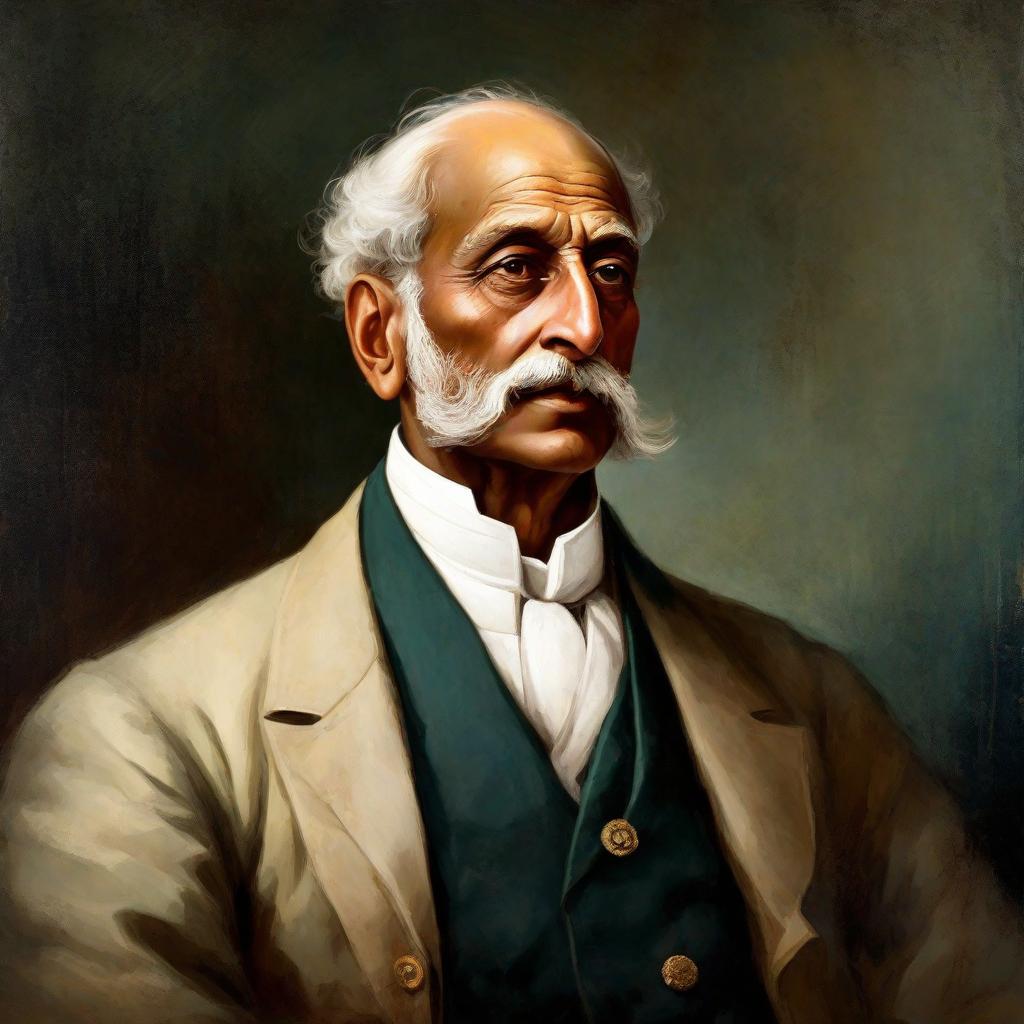Hello friends welcome to Sonu live ,in this article I’m going to tell you about Why DALHOUSIE CONSIDERD AS FATHER OF MODERN INDIA
Lord Dalhousie: Assessing the Legacy of the “Father of Modern India”
Understanding Dalhousie’s Legacy
Lord Dalhousie’s tenure as Governor-General of India (1848-1856) was marked by transformative reforms, earning him the moniker “Father of Modern India.” However, his legacy is nuanced, with both admirers and critics debating the impact of his policies.
Reasons for the Title
Dalhousie’s contributions to modernizing India are notable, despite their controversial nature.
Administrative Reforms: Dalhousie centralized power and streamlined bureaucracy, enhancing efficiency and infrastructure development.
Railway and Communication Revolution: He pioneered the Indian Railways and expanded telegraph and postal services, revolutionizing communication networks.
Public Works: Large-scale projects like road construction and canal building improved trade and resource distribution.
Educational Reforms: Dalhousie promoted modern education and English language instruction, laying the groundwork for a shared administrative language.
Social Reforms: Though limited, Dalhousie supported some social changes, such as permitting widow remarriage and advocating for women’s education.
Criticisms and Counterpoints
Despite his contributions, Dalhousie’s policies faced criticism and opposition.
Doctrine of Lapse: The annexation policy triggered resentment and the 1857 Revolt, exacerbating tensions with Indian rulers.
Disrespect for Indian Traditions: Dalhousie’s disregard for Indian customs fueled alienation among the populace.
Economic Exploitation: While fostering infrastructure, his reforms primarily served British interests, exploiting Indian resources and undermining local industries.
Ruthless Expansionism: Annexations and military campaigns fueled unrest and resentment across India.
Conclusion
Lord Dalhousie’s legacy is complex, with his reforms bringing both progress and upheaval to India. While he laid the groundwork for modernization, his policies often came at the expense of Indian society, economic autonomy, and cultural heritage.
The title “Father of Modern India” is contested, reflecting his transformative but contested impact on Indian history. It is essential to recognize both the positive and negative aspects of his legacy in understanding the complex dynamics of British colonial rule in India.
Read More-https://sonulive.in/british-policies-of-conquest-in-india/

